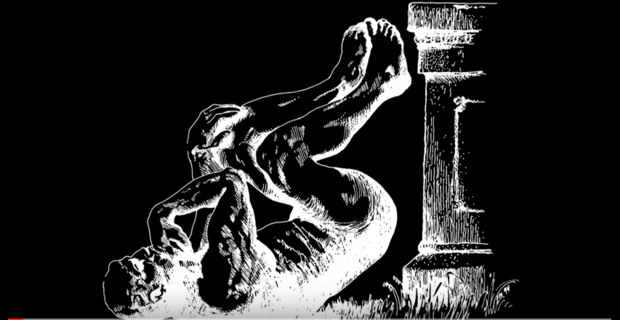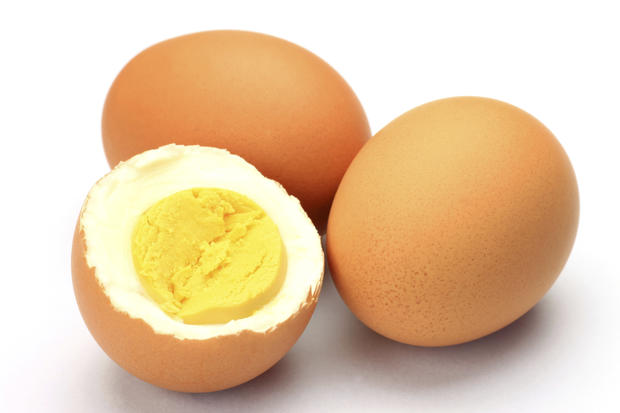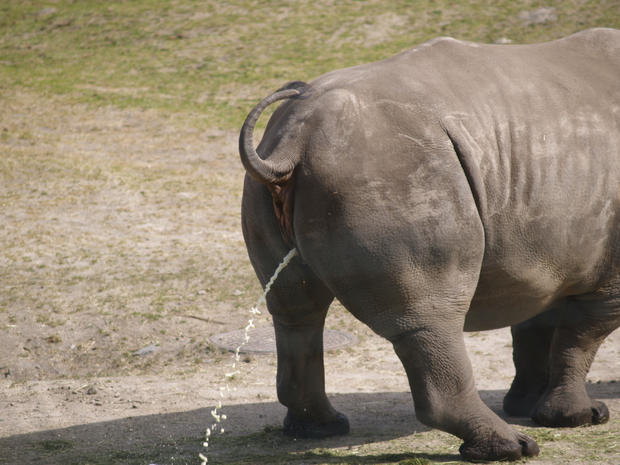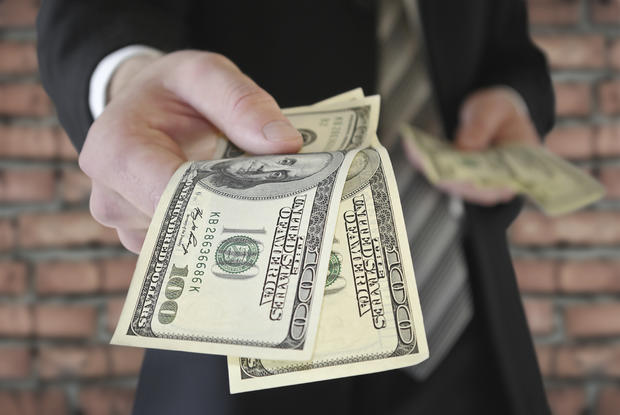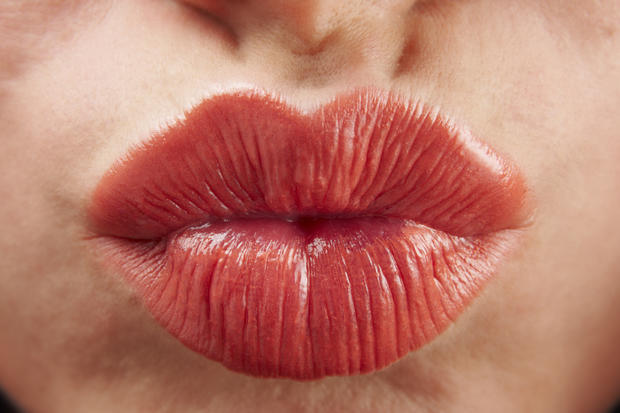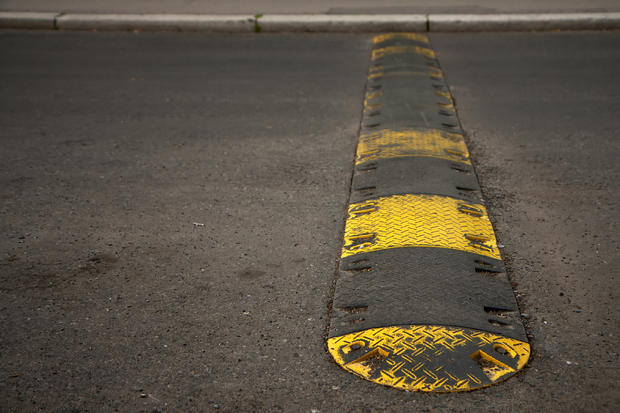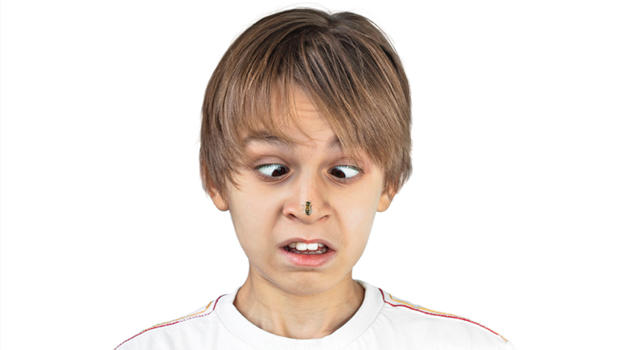Ig Nobels honor research in mammal pee and un-boiled eggs
For 25 years, the Improbable Research group has been presenting esteemed scientists with Ig Nobel awards for work that was deemed funny but also made you think. This year's award recipients include people whose research elucidated urination, clarified the universal language of confusion and investigated the benefits of kissing (beyond the obvious ones).
Click through to see the 2015 winners.
How to unboil an egg
The chemistry prize went to an international team that developed a recipe to partially un-boil an egg. Their goal was not so much to revolutionize the breakfast menu as it was to develop a refolding technique that reduces the time and cost "associated with protein expression for a wide range of industrial and research applications."
How long does it take to pee?
Did you ever wonder how long it takes different mammals to urinate? Well, the question was taken up by team of Georgia Tech researchers who won the physics prize, showing that all mammals, regardless of species or size, require about 21 seconds to empty their bladders (plus or minus 13 seconds).
The science of "Huh?"
Dutch researchers came away with the literature prize for showing that the word "huh" (or its equivalent) is used the world over. Their study found that the word is found in all languages but they are not sure why. Stay tuned.
Disasters make you stronger
The management prize went to an international team that found many business leaders developed their risk-taking behavior as children, after they experienced natural disasters -- such as earthquakes, volcanic eruptions, tsunamis or wildfires -- and survived.
Bribes not to take bribes
The economics prize went to the Bangkok Metropolitan Police, who came up with a scheme to award officers who refused to take bribes. But whether that many officers are taking up the offer is another story. Reports from Thailand earlier this year found there had been a significant uptick in police asking tourists for bribes.
The benefits of smooching
Kissing, especially intensely, turns out to be a good thing. An international team won the medicine prize for showing that intense kissing and other sexual activities can help cut down on skin allergies and offers other biomedical benefits. The subjects in the experiments had it pretty good. All they had to do was sit in a room for 30 minutes with their companion and kiss away while soft music played.
Counting copulations
Moulay Ismael the Bloodthirsty has long held the honor for siring the most offspring of anyone ever. But just how many? European scientists won the mathematics prize for using mathematical techniques to show that Sharifian Emperor of Morocco could have fathered 888 children from 1697 through 1727. To come up with their conclusions, they ran computer simulation to tests how many copulations per day were necessary to reach the reported reproductive outcome.
Walk like a dinosaur
With dinosaurs long extinct, scientists are left to guess about how they walked. But a team of Chilean researchers who won the biology prize figured out a way to do it without bringing back T. Rex. They attached a weighted stick to the rear end of a chicken, prompting the chicken to walk like a dinosaur. Maybe that will inspire more accurate depictions in the next Jurassic Park.
Driving diagnosis
If you have ever gotten a piercing pain that signals appendicitis, the inclination would be to rush off to the hospital. But on the way, it might not be a bad idea to drive over a speed bump. That's right. An international team won the diagnostic prize for showing that acute appendicitis can be accurately diagnosed by the amount of pain exhibited when the patient is driven over speed bumps.
The worst place to get a bee sting
The things people will do in the name of research. American researcher Michael Smith was awarded the physiology and entomology prize alongside entomologist Justin Schmidt for carefully arranging for honey bees to sting him repeatedly on 25 different locations on his body, including his penis, middle toe and upper lips. Using Schmidt's Sting Pain Index, Smith simply wanted to determine where it was most painful to be stung. It turns out the nostril, upper lip, and penis shaft are the most painful, while the least painful is the skull, middle toe tip, and upper arm.
Check out last year's winners here.
